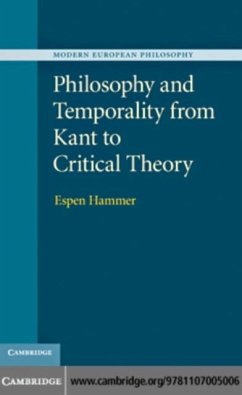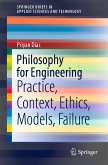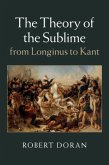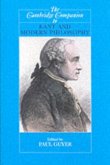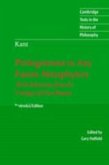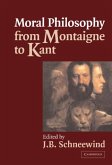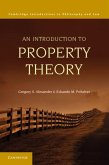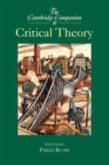This book is a critical analysis of how key philosophers in the European tradition have responded to the emergence of a modern conception of temporality. Espen Hammer suggests that it is a feature of Western modernity that time has been forcibly separated from the natural cycles and processes with which it used to be associated. In a discussion that ranges over Kant, Hegel, Schopenhauer, Nietzsche, Heidegger and Adorno, he examines the forms of dissatisfaction which result from this, together with narrative modes of configuring time, the relationship between agency and temporality, and possible challenges to the modern world's linear and homogenous experience of time. His study is a rich exploration of an enduring philosophical theme: the role of temporality in shaping and reshaping modern human affairs.
Dieser Download kann aus rechtlichen Gründen nur mit Rechnungsadresse in A, B, BG, CY, CZ, D, DK, EW, E, FIN, F, GR, HR, H, IRL, I, LT, L, LR, M, NL, PL, P, R, S, SLO, SK ausgeliefert werden.

